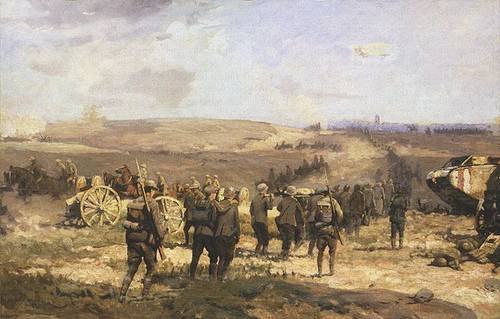Doe, doe!
I shall dever see her bore!
Dever bore our feet shall rove
The beadows as of yore!
Dever bore with byrtle boughs
Her tresses shall I twide–
Dever bore her bellow voice
Bake bellody with bide!
Dever shall we lidger bore,
Abid the flow’rs at dood,
Dever shall we gaze at dight
Upon the tedtder bood!
Ho, doe, doe!
Those berry tibes have flowd,
Ad I shall dever see her bore,
By beautiful! by owd!
Ho, doe, doe!
I shall dever see her bore,
She will forget be id a bonth,
(Bost probably before)–
She will forget the byrtle boughs,
The flow’rs we plucked at dood,
Our beetigs by the tedtder stars.
Our gazigs at the bood.
Ad I shall dever see agaid
The Lily and the Rose;
The dabask cheek! the sdowy brow!
The perfect bouth ad dose!
Ho, doe, doe!
Those berry tibes have flowd –
Ad I shall dever see her bore,
By beautiful! by owd!!
— Henry Cholmondeley-Pennell, Puck on Pegasus, 1868

